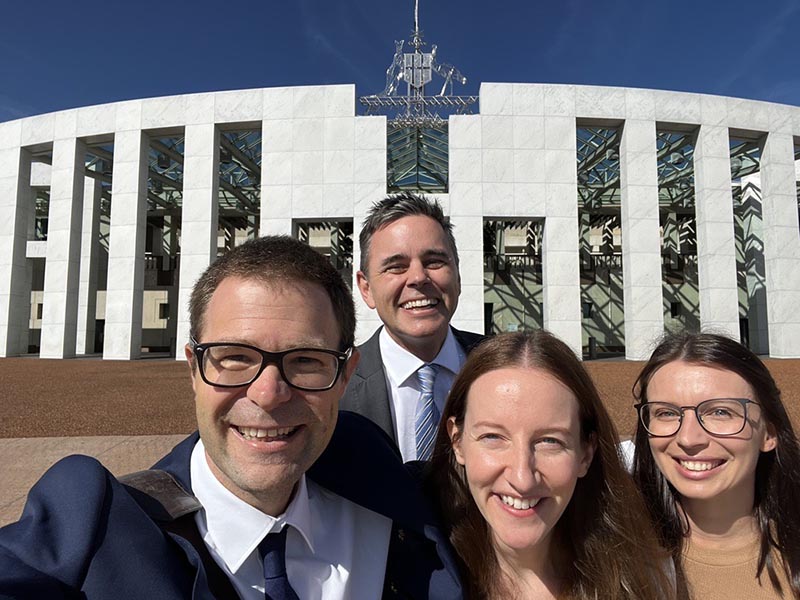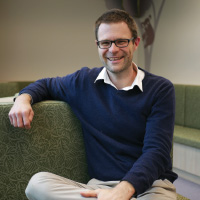Language key to autism inclusivity
We know words matter and now new research looking at autism terminology has shone the spotlight on what autistic people want you to call them.
The research — a collaboration between Telethon Kids Institute’s CliniKids, the University of Auckland and Victoria University of Wellington — has called for an update to the language used to describe autism in studies, and more broadly, to reduce stigmatisation, marginalisation, and exclusion of autistic people.
The inclusive language guide was co-authored by autistic researcher Dr Ruth Monk, Professor Andrew Whitehouse and Hannah Waddington.
Professor Whitehouse, the Angela Wright Bennett Professor of Autism Research at Telethon Kids and The University of Western Australia and Director of CliniKids, said the past three decades had seen a major shift in our understanding of the strong links between autism and identity, prompting a need for careful consideration of the language used to describe autism.
“Historically, most autism research has been carried out without input from autistic people and this research has often described autism and autistic people using medicalised and deficit-based language such as disorder, impairment, and person-first language,” Professor Whitehouse said.
“Part of conveying all the amazing things and ways that we can support autistic children to become happy healthy adults is actually changing the way we talk about it.”
| IN | OUT |
|---|---|
| Autism, autistic | Autism Spectrum Disorder |
| Identity-first language i.e. autistic person | Person-first language e.g. person with autism |
| Autistic experiences and characteristics | Autism symptoms and impairments |
| Increased likelihood of being autistic; may be autistic | At risk of autism |
| Specific support or service | Cure, treatment, or intervention |
| Allistic or non-autistic | Normal person |

Pictured: Professor Andrew Whitehouse, Associate Professor David Trembath, Sarah Pillar and Dr Rhylee Sulek in Canberra for the launch of the guideline

